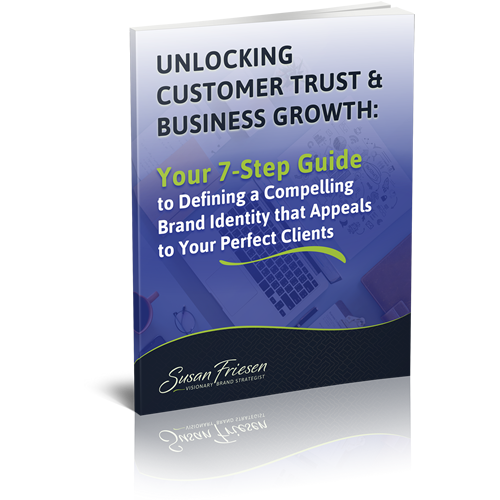I met an entrepreneur a few months ago that has a personal life coaching business and has published a book. I really liked talking with her.
She was able to articulate her ideas and we were having a lively conversation. She was talking about the need to ‘be quiet’ and ‘to listen’ to her clients. And then, she described herself as ‘shy’.
Shy can be a negative word in business; defining someone who is anxious, awkward, fearful, inhibited or timid. But, shyness can also be related to other traits such as being discreet, self controlled, thoughtful, and sensitive.
So, what did she mean when she described herself as ‘shy’?
Shy people are often sensitive people, and tend to like doing things by themselves. They can become stressed trying to function around too much noise and too many people.
To be socially introverted (or shy), does not necessarily mean you don’t like people, it likely means you prefer fewer close relationships rather than a large circle of acquaintances.
In a work situation, both introverts and extroverts perform their job duties with commitment and confidence.
After work, being exhausted from a full day, even some extroverts will avoid socializing, shopping and other activities. Being ‘quiet’ or ‘recharging’ is not being shy, nor is it something to apologize for.
Elaine N. Aron, Ph.D, author of ‘The Highly Sensitive Person’, reports that ‘shyness’ is manifested from childhood. Parents can decide that the quieter child, overshadowed by the others, is shy.
Once labelled as ‘shy’, a child will place themselves in that box because it is safe and it makes sense. And, referring to themselves as shy can be a self-fulfilling; living in other people shadows and confusing feelings with self-esteem.
Stanford University hosted a psychological experiment where they recruited women who described themselves as ‘extremely shy’ and others who were ‘not shy’. The women were placed in a study supposedly about noise bombardment.
Many of the shy individuals expected to become stressed and overwhelmed by the noise. When conversing with men in the loud environment, the shy women believed that their pounding heart and racing pulse was due to the loud background noise. They had become less shy because they had assumed there was another reason for their reactions, rather than their interaction with the opposite sex.
Interesting, the men involved were unable to distinguish ‘extremely shy’ from the ‘non-shy’ women. ~
In Feng Shui I talk about matching people and their strengths with the right job description. ‘Shyer or quieter’ individuals have the same opportunity to climb the ladder of success.
In business, extroverts can be inclined to over-react or rush through tasks, while introverts know when to back away from drama to keep sane.
Quieter people have finer tuned observation skills and can choose when to step in. They arbitrate conflict with statements like; “We can finish this discussion later.” Or, ‘Can we talk about this when you are not so busy?”
Introverts need to learn how to handle noise and chaos if they anticipate becoming stressed in certain situations.
For example:
- If the convention hall is to too loud and rowdy, mingle with a few people you’re comfortable with, rather than feel pressured to ‘work the room’.
- If you need to address an issue at work, it may be better to meet with a number of smaller groups than with a single large group. This doesn’t really translate to ‘shyness’, it may simply be good judgement in how to address the situation.
It is okay to be ‘quiet’ and it is okay to excuse yourself from activities that are going to stress you out.
But, let’s find another word to use to describe this behavior, one that instills or promotes confidence, self-sufficiency and power, rather than suggesting shyness.
Before you describe yourself to others as ‘shy’, try out some other words like:
distinguished, cultured, stylish, classy,
well-grounded, philosophical, idealistic,
realistic, perceptive, analytical, sophisticated,
refined, mature or eccentric.
You may still believe you are shy, or have shy tendencies, but choosing to label these traits in terms of positive values may give you the confidence, and the edge, you need to step out of your box.







